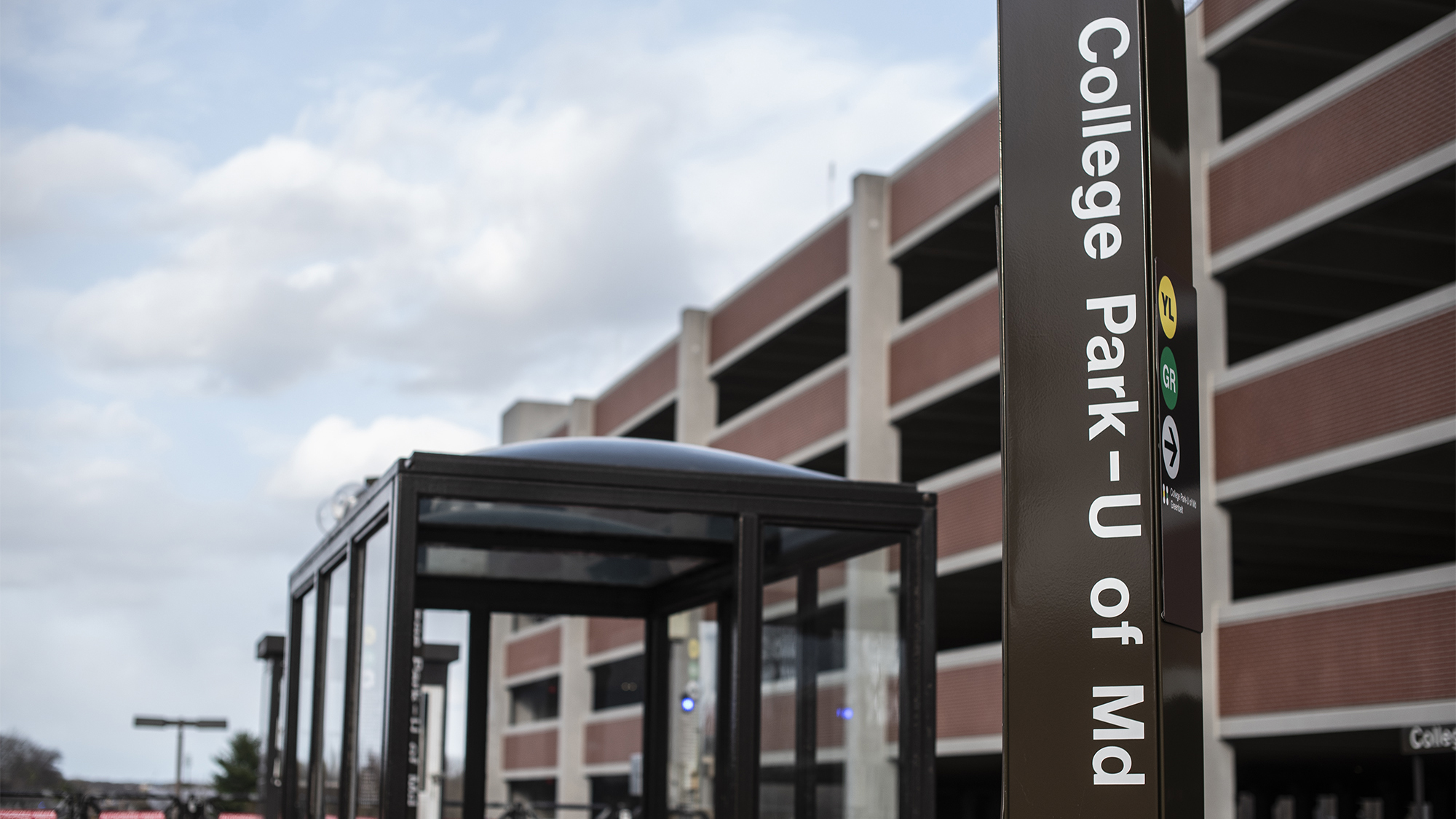The Washington Metropolitan Area Transit Authority’s proposed fiscal 2022 budget could eliminate multiple bus routes along Route 1, complicating travel for University of Maryland students and city residents in the area.
The proposed budget would terminate the 86 Metrobus to University Park’s Whole Foods Market and the C2 to Greenbelt’s Giant Food, leaving riders with the 83 Metrobus and few other options.
In a virtual meeting Friday, WMATA’s finance and capital committee met to discuss the future of transit in the Washington, D.C., metropolitan region. The 19 stations that originally closed in March and more than half of bus routes across the region are on the chopping block.
The budget also calls for Metrorail to eliminate weekend rail service and operate at 20 percent of pre-pandemic levels, which would make weekend trips from College Park to D.C. challenging.
Steve McMillin, chair of the committee, said that WMATA’s fiscal outlook is driven by the dramatic decreases in passenger traffic and fare revenue that came amid the pandemic.
“The impacts of that reduced fare revenue have been mitigated, somewhat, this year with the help of federal dollars,” McMillin said. “However, we have no ability to plan on any continued assistance at this point.”
[After months of negotiations, MDOT and Purple Line contractors reach agreement]
WMATA is proposing a service plan that enables essential travel as the region begins to recover but budgets for a gradual return of ridership next year.
The proposal assumes that Metro will reach 34 percent of pre-pandemic ridership levels in the upcoming fiscal year, which begins in July.
“We have come up with a plan that is going to be tough medicine for many of our stakeholders,” McMillin said. “But we have a responsibility to budget with the dollars that we have available and provide the most logical and meaningful service that we can within those constraints.”
Employees will face layoffs and salary and wage freezes, while riders will see significantly reduced service and Metro will ask jurisdictions to maintain their commitments.
Compared to service changes in Virginia and Washington, D.C., Prince George’s County will bear the brunt of this round of service cuts.
Maryland Secretary of Transportation Greg Slater said that present conditions are more challenging to navigate than the Great Recession. He said he is worried about layoffs, connectivity and the isolation of zero-car households in areas like Bowie, Suitland and Largo.
About 65 percent of WMATA’s workforce are Maryland residents, and about 48 percent of the total workforce are from Prince George’s County, Slater said.
“We’re very concerned about the layoffs having a disproportional effect,” Slater said.
[Purple Line corridor residents discuss affordable housing at annual meeting]
Slater said he hopes the federal government hears the national transportation industry’s concerns and considers public transit in any relief packages because real people will feel the effects.
Still, others are worried that layoffs won’t be enough to make up for the funding gap.
Metro Board Member Matt Letourneau also said he does not share the optimism others have about Congress’s ability to deliver relief quickly.
“Nobody likes [these changes]. Nobody is in favor of this,” he said. “But unfortunately, this is not SimCity and we can’t just print money and assume money that is not there.”
According to Paul Wiedefeld, WMATA general manager, the proposed service plan for fiscal year 2022 still leaves it with a projected funding gap of $494.5 million.
“Every cut is just as painful,” Wiedefeld said. “We try to serve as many people as we could where we’ve seen demand high and/or where we see facilities that need to be served, for instance like hospitals and areas that have no rail service.”
WMATA will alter the budget with changes in circumstances or funding, and in consultation with riders, employees and contributing jurisdictions.
Bus ridership is starting to improve, but rail ridership — which makes up 80 percent of WMATA revenue — is not recovering.
Stephanie Gidigbi, first vice chair of the board, said this year has daylighted the things they have turned a blind eye on in the past.
This is an opportunity to provide a new vision for the system, she said.
In light of the proposed service cuts, Gidigbi thinks operating hours should be more flexible for people to get places at night and on the weekends.
“Some things are worth preserving, because Metro truly is an economic engine for this region,” Gidigbi said.



